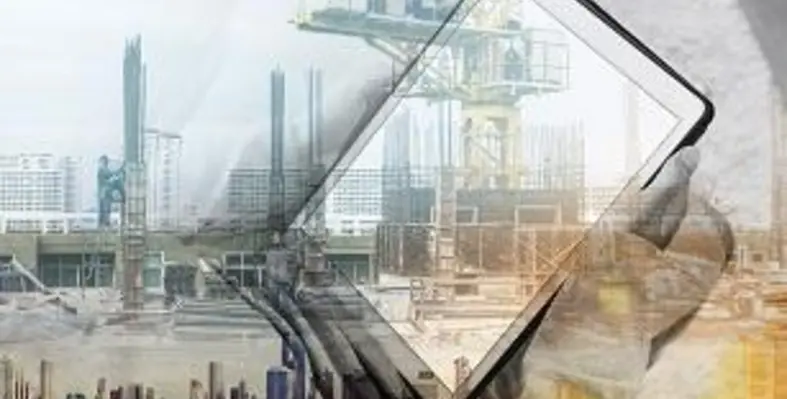During a bauma TALK webinar, part of the series which is acting as a base of information for the upcoming bauma 2022, experts explored the barriers standing in the way of digital construction sites
The latest presentation and discussion event was held on May 24 and focused on the digitalisation of construction sites and highlighted the key role that machinery data is already playing in efficient construction practices – from predictive maintenance to smooth transport and logistics operations and many other construction site processes.
Alexander Mozer, the team leader of machinery digitalisation at the major German construction company LEONHARD WEISS, said that telematics can provide important information on fuel consumption on site which can reduce CO2 emissions and digital position information helps reduce search times.
But the jobs of integration and management are complicated by several factors: the different interfaces used by various manufacturers, sensing accuracy and intervals as well as data interpretation. “The simple job of adding or deleting a piece of machinery to or from a system can end up being a very time-consuming process,” Mozer commented.
“Good solutions are already being widely used in the hydraulic and electric interfaces to accessory equipment. But the job of facilitating cross-manufacturer data transmissions between components has run into some massive problems,” said Katharina Schick, a project engineer at Liebherr-Hydaulikbagger GmbH. In response, a MiC 4.0 working group has been developing an open, manufacturer-independent data interface – the MiC 4.0 bus – over the past two years, Schick said.
A demonstrator of the new interface will be presented during bauma at the MiC 4.0 booth in the LAB0 innovation hall. The interface protocol will be released by the German Mechanical Engineering Association after the trade fair has concluded and the final work has been completed.
Jürgen Weber, a doctor of engineering and heads the association research project called Bauen 4.0 (Construction 4.0), has found that non-homogeneous fleets of machinery with their various data solutions are far from the sole cause of problems related to the development of the vision of a digital construction site.
“In many cases, there is simply no mobile Internet available. The required network coverage does not exist,” Weber said. As a potential solution, he presented a concept that combines a local network with a construction-site control system. In this solution, programmes that can perform such jobs as record and analyse all machinery data as well as simulate construction processes in real time run on a server. “The machinery must be outfitted with a connectivity module that enables it to exchange data with the central construction-site control system and with other machines,” Weber noted. A platform-independent OPC Unified Architecture is used as a standard to facilitate communications and networking.
Other work is under way to close the gap separating research from the market readiness of the digitalised construction site of the future.
bauma 2022 is arriving in Munich from 24-30 October 2022.














